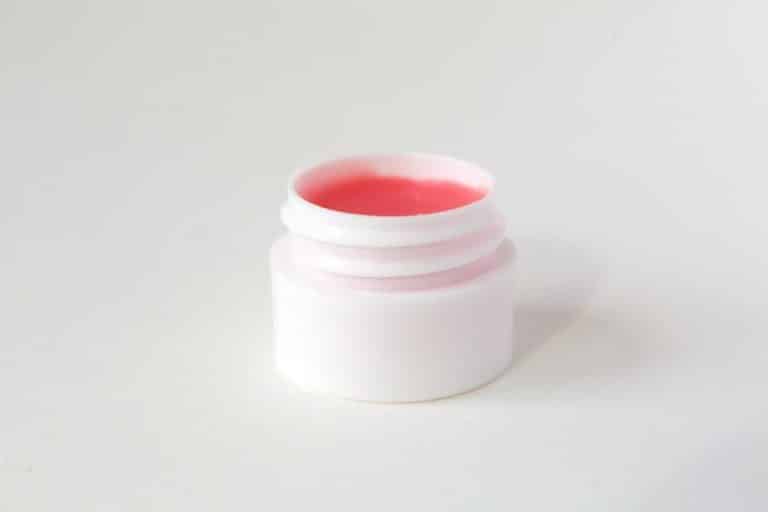Why is skin-lightening cosmetic brand Fair & Lovely changing its name and not its problematic product instead?

Every South Asian woman I know has a relationship with the skin-lightening cosmetic brand Fair & Lovely, whether they live in Khulna, Capetown, Cornwall or the US. Whether they were raised Hindu, Sikh, Catholic, Muslim, they’ve still all grown up using the cream. The likelihood is that as a child, they experienced the white lotion caked over their arms and faces.
And there lies the issue and legacy behind Fair & Lovely. It has become so indoctrinated in our deshi homes that like a bodna or a lota, it’s bought without any forethought. It is now a tube that is a part of the furniture, so much so that the smell is something many South Asian women would be able to recall, right now. It was in the background during moments when we all got ready. We grew up with it and for many of us, Fair & Lovely was our first beauty product.
Arguably, Fair & Lovely is an over-used example when highlighting colourism and anti-blackness in South Asian communities. But the cream gets the point across, meme material or not. The skin-lightening industry is a market estimated to be worth $31.2 billion by 2024, with the demand coming mainly from East and South Asia.
Now, due to the impact of the Black Lives Matters protests and the impact that racial injustice conversations have had on many brands, Fair & Lovely is subsequently quaking. Just like the dating website Shaadi which recently remove its skin tone preference filter, Unilever has now announced that Fair & Lovely will undergo a name change (and rebranding) and will instead be called Glow & Lovely.
The president of beauty and personal care at Unilever Sunny Jain has stated, “We recognise that the use of the words ‘fair’, ‘white’ and ‘light’ suggest a singular ideal of beauty that we don’t think is right and we want to address this.”
This statement would make sense only if Fair & Lovely wasn’t a skin-lightening cream—if the entire success behind the product wasn’t to give in to a singular ideal of beauty. Fair & Lovely may be normalised in South Asian households, but it comes with a purpose behind the purchase: the normalised thinking that to be fairer is to be better.
The journey behind Fair & Lovely is something conglomerates such as Unilever are proud of. As Unilever has previously stated, “In the 80s, when society expected women to marry mostly via arranged marriages, Fair & Lovely gave them hope that women could marry by choice. In the 90s, when women desired not just marriage but also an equal partnership, Fair & Lovely inspired them to believe that this was possible. In the 2000s, when society believed that a woman’s place was at home, Fair & Lovely encouraged her to choose her own career.”
What’s said from this pretence of empowerment for brown women everywhere, is that Fair & Lovely is the tool to help you break that glass ceiling, when in fact it makes women live in glass globes. It thrives on women comparing themselves to an ideal while making fairness appear attainable. What’s sad is that being fair does still enable social mobility. Fair & Lovely is not just a part of ‘the system’; it is the system.
It also accepts the still prevalent (although illegal) colonial imported caste system, that women, in particular, have to play against, as many women in the sub-continent still rely on a partner for financial ‘freedom’. Fair & Lovely has simply been saying, ‘Hey! We know white equals power, so put this on your face to widen your options’.
‘Glow & Lovely’ is more than a name change; it is an attempt to look progressive while also gaining diversity brownie points and doing nothing to change the formula, ingredients or intent-wise. There’s not even an apology for the turmoil the brand and what its cream represents to South Asian women. This is the epitome of surface inclusion under the guise that it’s for women and a step forward for both racial equality and beauty standards.
What’s worse is the name change itself. ‘Glow & Lovely’ is Unilever’s attempt to erase it’s murky past while kicking it with the kids. It goes along the line of trendy beauty terms, such as ‘dewy’, ‘glowy’, ‘flawless’, ‘luminous’ and now ‘glass skin’. With over 300 beauty products with the term ‘glow’ on Net-A-Porter alone and 200 and counting on Cult Beauty, the new name Glow & Lovely is whitewashing its past existence by sounding like it could sit next to brands like Glossier. We also know that ‘glow’ still holds the connotation of being bright (and light)—it’s not like it’s become ‘Bronzed & Lovely’.
Fair & Lovely has always nailed its marketing and branding. We remember the adverts, how sad a woman looks when she’s dark but how happy she then becomes when she’s lighter. Glow & Lovely’s rebranding isn’t going to fix these dangerously inherent problems that society unfortunately still faces today, it simply forces us to acknowledge that not all skin folk lookout for their kinfolk, and it begs us to figure out what can be done about it.




